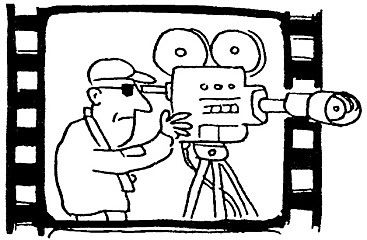The American peace initiative for Congo might trigger off a bigger war
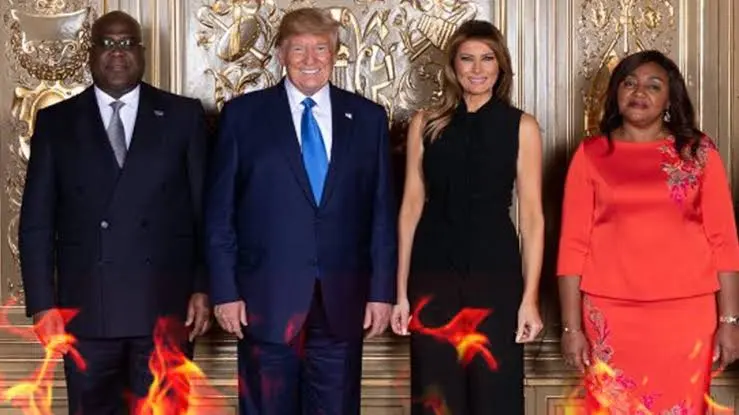
"The American peace initiative will likely only fuel the war in Congo further; the facts speak for themselves," concludes a Rwandan analyst when I ask for his opinion on the American peace effort to end the conflict in Congo. There remains uncertainty about the exact contents of the treaty that will be signed in Washington in a few days by the Rwandan and Congolese foreign ministers. Rwandan authorities have, in accordance with prior agreements, kept their lips sealed. Meanwhile, the Congolese side, contrary to the agreements, has released some tentative statements that, according to the Rwandan Minister of Foreign Affairs, directly contradict what is written in the treaty or the declaration of intent. At the same time, Rwandan officials have pointed fingers at the international press, accusing it of uncritically parroting Kinshasa’s discourse without verifying the information first. It has also become clear that the peace talks between the M23 rebel group and the Congolese delegation from Kinshasa have yielded no results. More on that in this analysis. We sought reactions from over ten Congo watchers, a few sources within M23, and Rwandan authorities. Here is a summary.
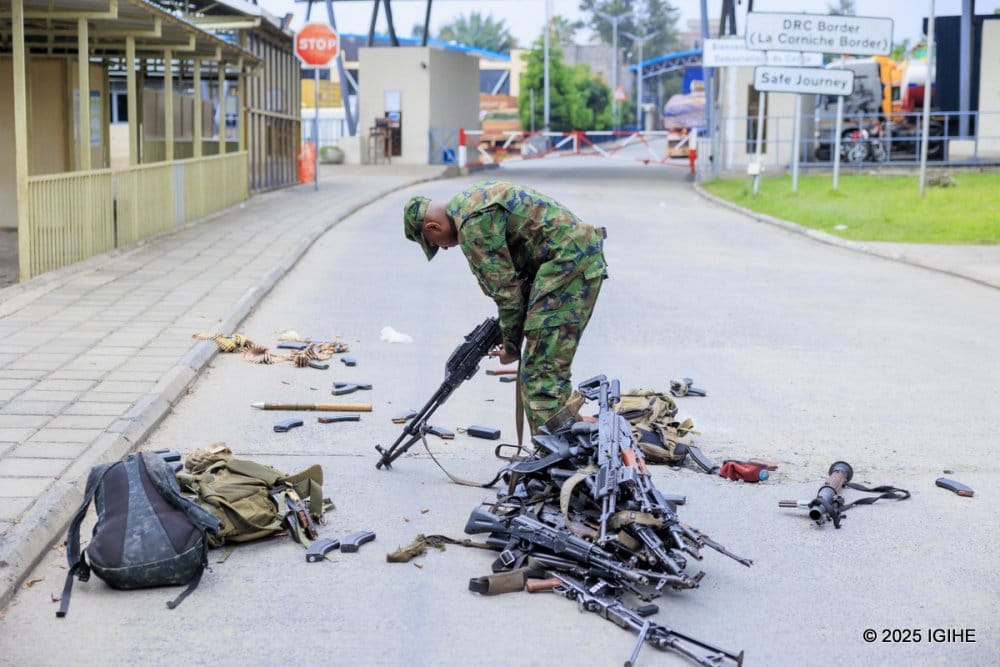
Tshisekedi lost the war
"To get straight to the point, we can state that Tshisekedi and his associates do not want peace," begins a foreign diplomat in Kinshasa. "Because then they would have to admit that they have lost the war and exhausted all means to gain international support for their fight against M23. I find it very positive that discussions about peace are underway, and that talking is always better than fighting, but the way the Americans are approaching this lacks depth. It’s comparable to a major medical operation performed by a surgeon who is underqualified, has partly misdiagnosed the problem, and begins the operation with insufficient surgical tools. The Americans want to start this 'operation' with a large knife to score quick results because they need a peace agreement in Congo to cover up their disastrous handling of conflicts in Israel and Ukraine. Everything indicates that Tshisekedi does not want peace: he sent a second-rate delegation to Doha to negotiate with M23, insisting on a total withdrawal of the rebels from the zone they now occupy and the nearly complete subjugation of this group to the central authority in Kinshasa. Meanwhile, the Congolese government has also sown confusion by releasing various tentative statements about the impending agreement. For instance, they implied that Rwandans would be forced to withdraw entirely from the country and that M23 would be ordered to conform to Kinshasa’s grievances. Anyone familiar with the complexities of Congo’s political landscape knows very well that these statements aimed to manipulate the negotiations. But the international media picked up on it. The Rwandan Foreign Minister responded sharply, expressing displeasure that Kinshasa had broken its promise to keep negotiations confidential and warning that manipulations were at play."

"Tshisekedi has lost the war and continues to lose," adds a Rwandan analyst. "You cannot expect a victor of such a conflict to withdraw immediately without having his initial demands met. M23 has already confirmed that it no longer has additional grievances because it has achieved its goals with weapons in hand. All that remains for them now is to establish order within their own administration and ensure security in the liberated areas. The Rwandan government cannot order M23 to withdraw; I would be very surprised if the Americans could demand this from Kigali. And I doubt Kigali would ever accept it. Whether or not a few hundred RDF soldiers (Rwandan army) are active within M23, the RDF can reinforce their positions so strongly that not a mouse can pass through, and in the most extreme scenario of provocation, they could deliver heavy blows within a matter of hours on Congolese or Burundian territory."
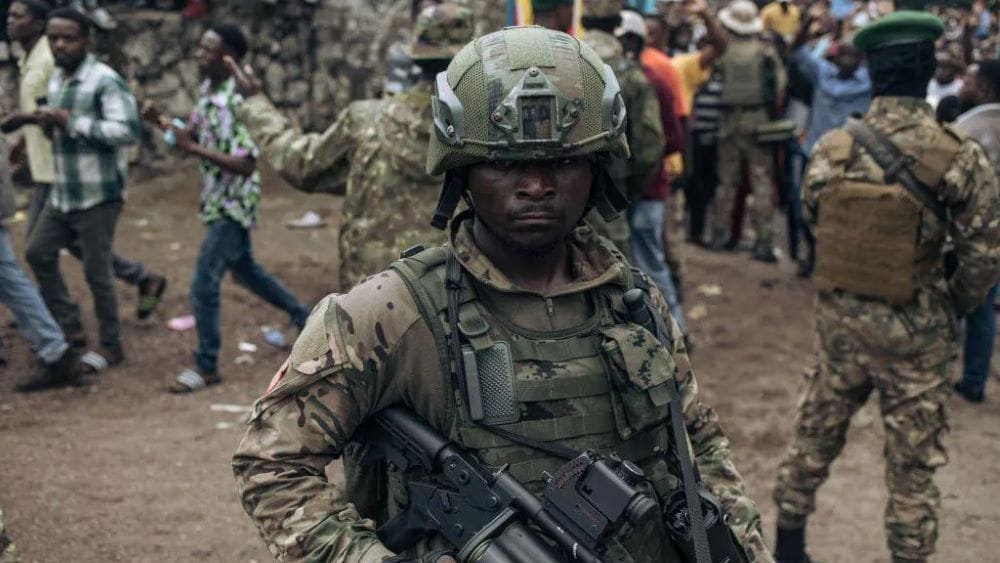
On negotiations and lies
"The Americans talk about peace and were convinced by Tshisekedi that they would receive mineral resources in exchange for support," another analyst adds. "This is another favored tactic of Congolese presidents: Laurent Kabila granted Angola access to Congolese territorial waters in the Atlantic Ocean, and more than 40 percent of Angola’s current oil exports originate from Congo. He also granted concessions in the diamond-rich Kasai province. For Angola, this has become an acquired right—his son later tried to claim this, only to be swiftly dismissed by Angolan President Dos Santos: nearly all the illegal Congolese in Angola were expelled, and the Angolan military demonstrated its strength in Kitona, where they kept some tanks and soldiers in reserve. Currently, Tshisekedi is also negotiating with Uganda to pump oil around Lake Edward. The Ugandan army is already present in Congo fighting the ADF-NALU, Muslim extremists. But everyone knows this is merely a pretext to secure other interests. Uganda is also applying pressure on Tshisekedi. Donald Trump was impressed with Tshisekedi’s proposal and immediately tried to push it forward by warning M23 not to take Walikale, where the Americans have already invested half a billion dollars in a gold mine. Trump even sent his close aide, Massad Boulos, to Congo to discuss a possible peace agreement. He also publicly boasted that a lasting peace deal between Rwanda and Kinshasa was imminent. But few believe in the chances of such an agreement succeeding."
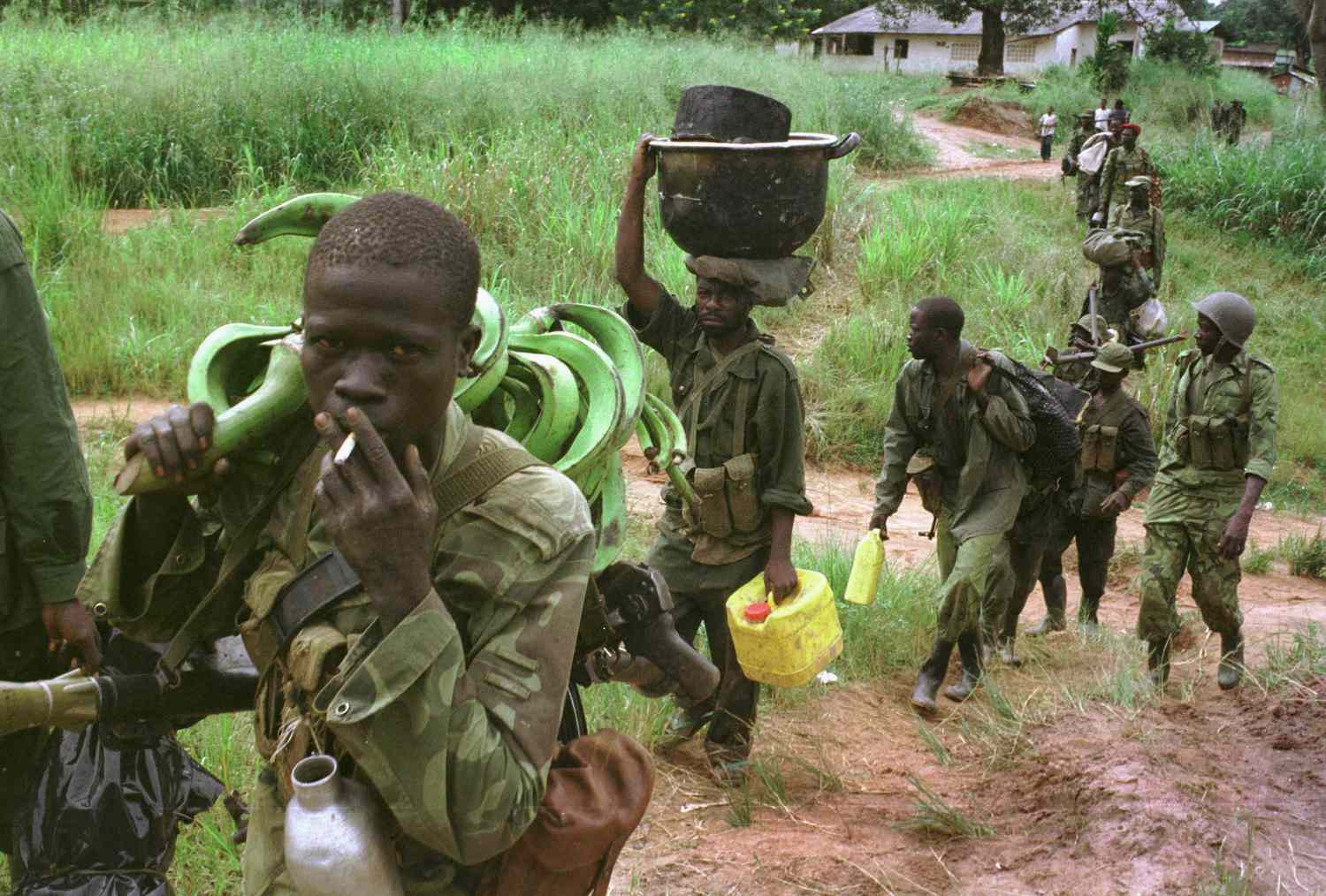
Addressing regional and geopolitical issues
"To bring peace to the region, the problems in Congo must be addressed regionally, beginning with an analysis of the geopolitical context," adds a European researcher. "The Americans are starting to understand this now. During Joe Biden’s presidency, a softer approach was favored, aligning more with analysts like Jason Stearns. The U.S. State Department was opposed to the Kagame regime, while the Pentagon viewed the Rwandan president more favorably because he upholds principles like discipline and economic development. The Rwandan military also restored order in the Central African Republic and Cabo Delgado. During Trump’s first term, Africa largely escaped his attention, and some Rwandan analysts openly argued that Rwanda was better off with Trump, who was indifferent to the region, then with moralistic American Democrats hiding behind one-sided reports from Human Rights Watch and UN experts. Tshisekedi now appears to have found a way to get Donald Trump to pay attention to Africa. Those who provide enough 'cheese' to trap a big mouse can catch it easily. Trump linked support for Ukraine to mineral resources, which sparked new ideas among Congolese actors."
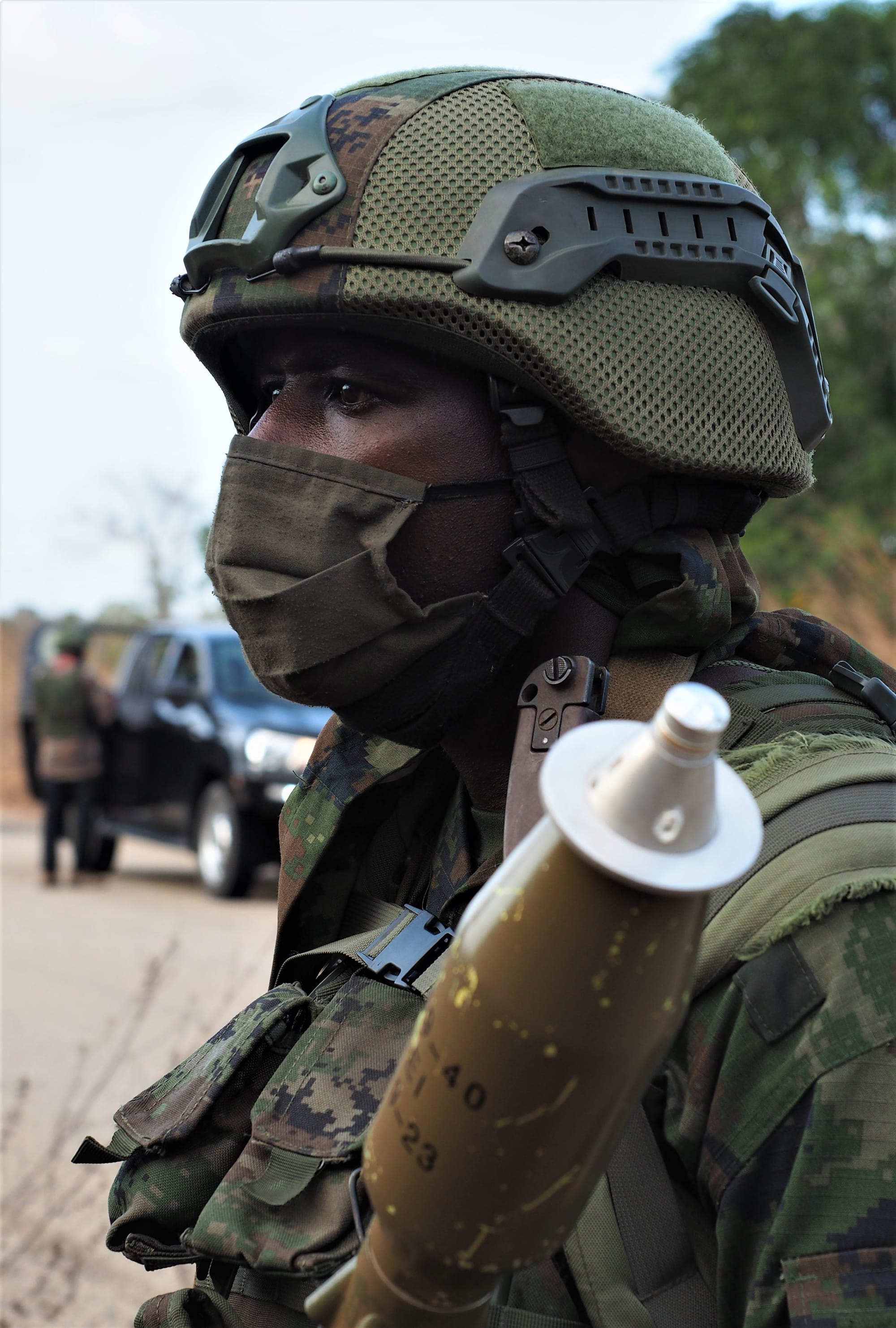
One-sided approach
"But the American approach remains too one-sided and limited," the analyst continues. "Without correcting and addressing Kinshasa’s corruption and military incapacity, and without scrutinizing other key players in this conflict—like Uganda, Burundi, and to a lesser extent Tanzania—the conflict cannot be resolved. Meanwhile, Kinshasa continues to purchase weapons and military equipment, indicating they still believe in a military solution and possible victory. Rwanda and M23 cannot rely on the promised neutralization of the FDLR, the Rwandan Hutu extremists whom Tshisekedi continues to use to counter M23. That lie has been repeatedly sold to Congolese Tutsi rebels and the Rwandan government during previous rebellions in Congo but remained a hollow promise. Rwanda shows good faith by participating in negotiations, despite the fact that the Americans still cling to the stereotype that Kigali is solely responsible for Congo’s problems, wants to steal Congolese minerals, and uses M23 as a shield to achieve these goals."
On the possible peace deal and future prospects
"I don’t know exactly what the document to be signed in Washington in a few days states," adds a European journalist who has closely followed Congo’s current affairs for years. "But I also don’t believe this American initiative will lead to lasting peace in the Kivu provinces. Rwanda will never accept that Hutu extremists are given free rein along their borders again, to infiltrate and carry out attacks. Solving this issue requires restoring order in Kinshasa and Bujumbura first. Remember, Burundi has become a stronghold for Hutu extremists, and the FDLR has found refuge there. Even the UN has never succeeded in neutralizing that group on Congolese territory. So, one must genuinely question what kind of guarantees the Americans can offer this time. Nobody believes they can. Tshisekedi is running out of options to assert his authority. The East African Community (EAC) and South Africans have already failed to make progress with Congo, as have Angolan efforts. They all broke their teeth. Uganda has always benefited from the M23 conflict, and Tshisekedi distributed thousands of weapons and cash to regional militias, unaware of what these groups are capable of. I fear this poorly conceived agreement could escalate into a larger regional conflict."
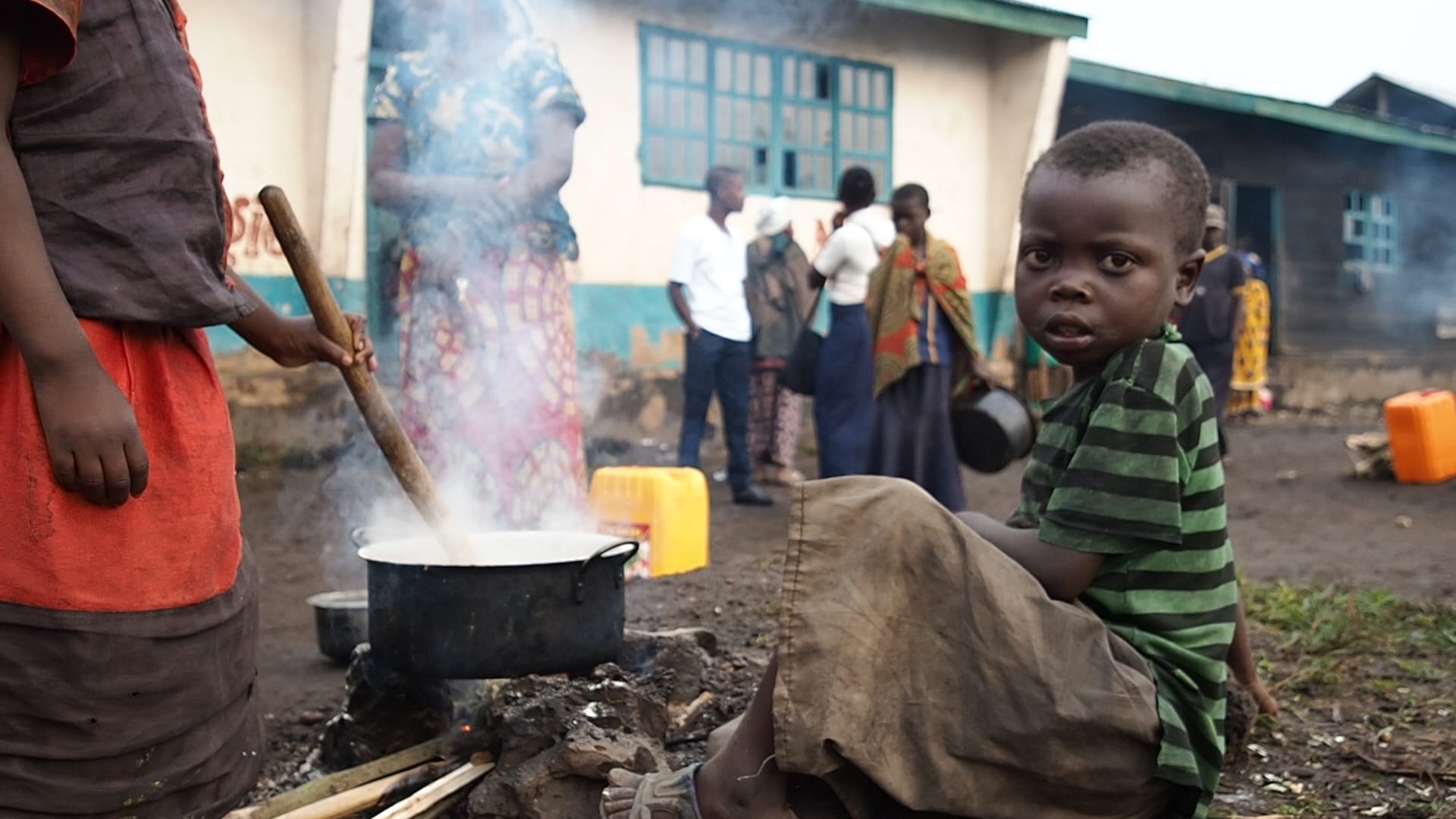
Rwanda
Despite all Rwandan officials I attempted to consult remaining tight-lipped—something that frustrates me, as information hunters like me must verify facts—what’s notable is that they follow the rules of this opaque and complex game, adhering to prior agreements. However, Rwandans remain highly pessimistic about a quick positive resolution. A local politician summarizes: “We will have to solve this ourselves, I think! And if we must fight, we will. The Europeans and Americans are against us, giving our enemies free rein. M23 has already forced the international community into a ‘fait accompli’ by severely attacking the Congolese army and forcing them out of their region. They always wanted negotiations, but they weren’t allowed this previlege. We support our government’s policies, and if heavy sanctions are imposed on our country, we will endure them without backing down. In Europe, it is still claimed that Rwanda is not a democratic country and that figures like Victoire Ingabire should also have a voice. The main international media are against us. But most Rwandans, including Hutus, believe that Kagame’s model ensures security and progress. Victoire Ingabire, a prominent figure in the anti-Kigali lobby and a former leader of the extremists, is now back in prison for attempting to profit from current events in Congo. Her movement poses a threat to the country. Our foreign minister will travel to Washington soon to sign a document that no one here believes will solve anything. We cannot tolerate the continued killing of Tutsis in Congo, the lies and promises they impose on us, which only reinforce the current regimes in Kinshasa and Bujumbura. If peace agreements don’t have an effect, we will have to take matters into our own hands.”
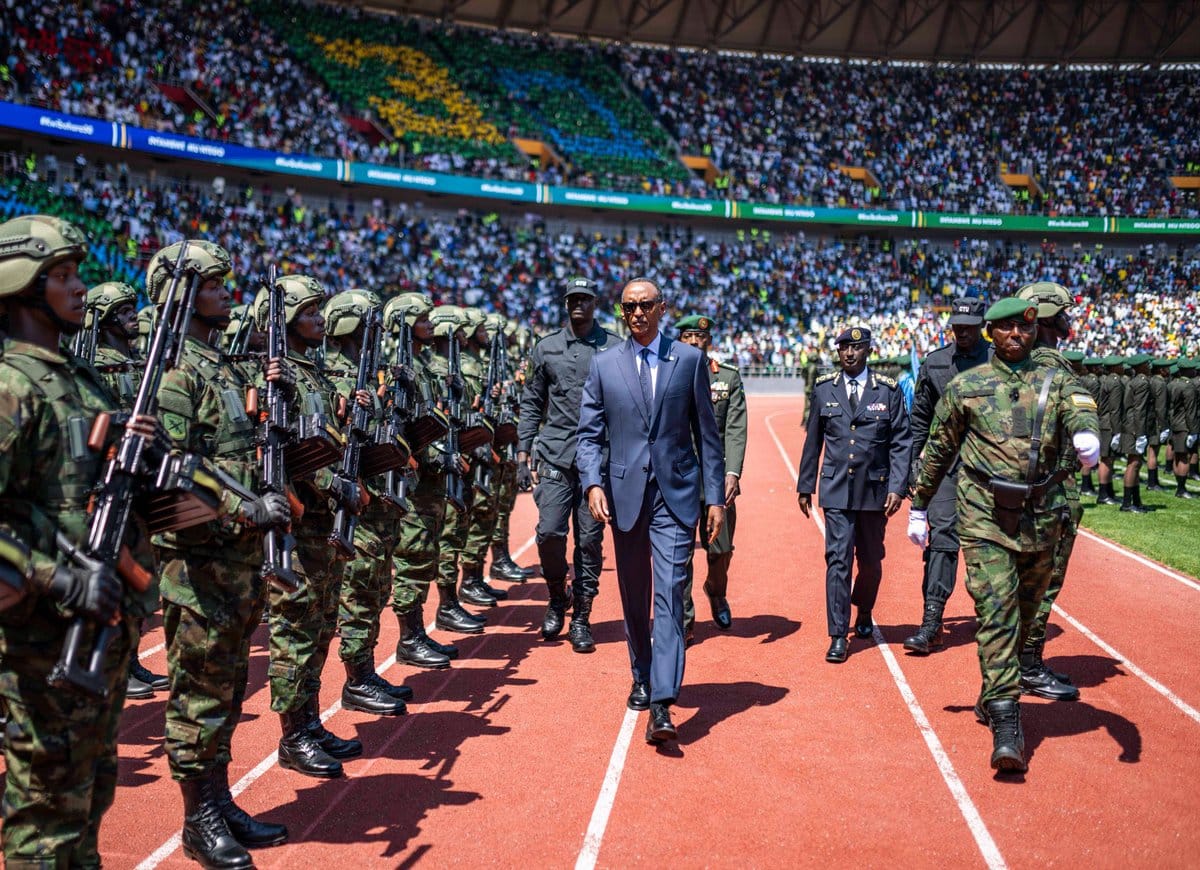
What I’ve also noticed over the past days is that this view is now openly shared on Rwandan national television, which usually avoids airing deviant opinions. During a talk show I followed, two well-known Rwandan analysts harshly criticized the American initiative.
In conclusion...
The likelihood that the peace agreement or declaration of intent to be signed in Washington will produce any meaningful results remains very small. I also believe that any failure could trigger a larger, broader conflict. If the Americans come to realize that figures like Tshisekedi and Burundian General Neva are merely using the situation to protect their own corrupt regimes whose only remaining options might be to confront Rwanda directly or provoke it the question then remains whether the Americans will stop Rwanda if Kigali begins to restore order on its own. Rumors already circulate that Donald Trump has hinted that a more reliable and stable regime should take over in Kinshasa. As unpredictable as he is, he might listen to the Pentagon and CIA this time, especially if Tshisekedi’s successor offers mineral concession-cookies of which the ingredients won’t give him diarrhea."
Marc Hoogsteyns, Kivu Press Agency
